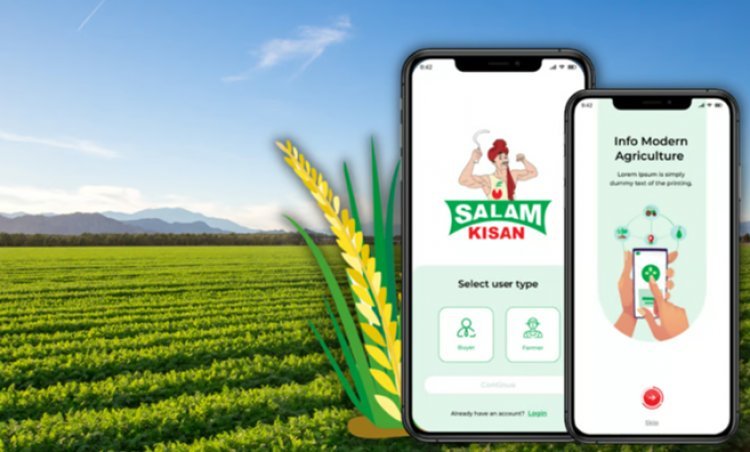BARC launches 8 high yielding climate resilient crop varieties using radiation-based mutation breeding techniques
BARC developed high yielding non-GMO varieties using radiation-based mutation breeding techniques, to “revolutionize” agriculture across India
The Bhabha Atomic Research Centre (BARC), Mumbai, has introduced eight new high-yielding, climate-resilient varieties of wheat, rice and oilseeds, it said on Friday. Developed using radiation-based mutation breeding techniques, these non-GMO crop varieties are set to “revolutionize” agriculture across India, the BARC said in a statement here.
The new varieties — five cereals and three oilseeds — are tailored to diverse agricultural conditions and were launched in collaboration with state agricultural universities. Speaking at the launch, Ajit Kumar Mohanty, Secretary of the non-GMO crop varieties (DAE) and Chairman of the Atomic Energy Commission, highlighted BARC’s significant contribution in enhancing farmer incomes and boosting food and nutritional security.
Vivek Bhasin, Director, BARC, called these varieties a “boon for farmers” due to their early maturity, disease resistance, climate resilience, salt tolerance, and higher yields compared to existing options. India’s wheat production faces challenges from rising temperatures, especially during the grain-filling stage. For the first time, BARC has developed wheat varieties, he said. The Trombay Jodhpur Wheat-153 (TJW-153) was developed in collaboration with Jodhpur Agriculture University for Rajasthan. TJW-153 is heat-tolerant, ensuring stable yields despite early or terminal heat stress. It is resistant to fungal diseases like blast and powdery mildew, which significantly reduce yields, and is ideal for Rajasthan’s arid conditions, the BARC said.
Trombay Raj Vijay Wheat-155 (TRVW-155) was developed in collaboration with Rajmata Vijayaraje Scindia Krishi Vishwavidyalaya, Gwalior, for Madhya Pradesh. It has enhanced zinc and iron content, better ‘chapati’-making quality, and resistance to fungal diseases such as blast and powdery mildew. Rice variety Bauna Luchai-CTLM was developed with IGKV, Raipur, for Chhattisgarh. Bauna Luchai is a dwarf, early-maturing variety with lodging resistance (doesn’t topple in rain or wind), retains the soft-cooked quality while achieving a 40 per cent higher yield than its parent Luchai landrace. The Sanjeevani rice variety launched by the BARC is derived from the Layacha rice landrace. Sanjeevani is rich in more than 350 phytochemicals known for therapeutic and medicinal properties, boosting immunity and antioxidant responses, the BARC said. Developed for Chhattisgarh in collaboration with IGKV, Raipur, it addresses the growing demand for health-enhancing rice varieties.
The Trombay Konkan Khara variety is designed for Maharashtra’s saline coastal soils. It achieves 15 per cent higher grain yield under saline conditions. Developed in collaboration with Dr Balasaheb Sawant Konkan Krishi Vidyapeeth, Dapoli, it allows rice cultivation in previously non-arable brackish soils. The other new crop varieties launched by the BARC are Trombay Jodhpur Mustard-2 (TJM-2), Trombay Latur Til-10 (TLT-10) and Chhattisgarh Trombay Mungfali (CGTM) oilseeds.
BARC developed high yielding non-GMO varieties using


